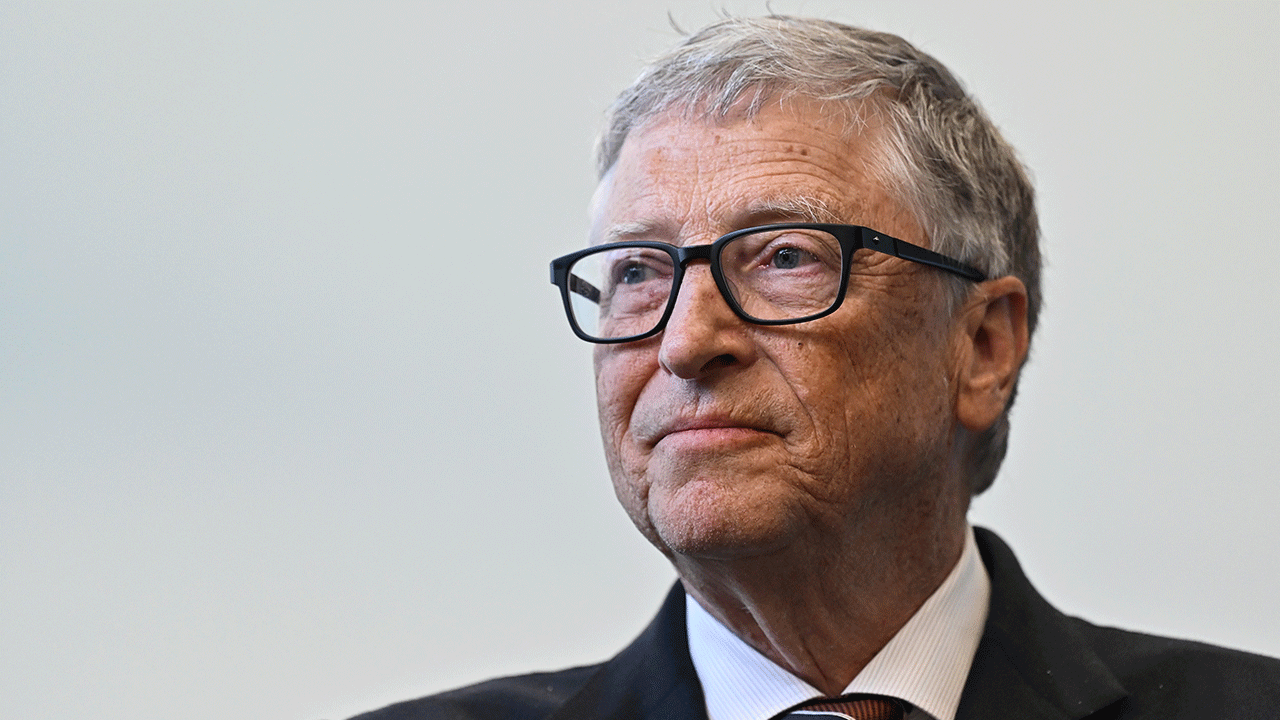Bill Gates likely had autism as a child, he reveals: ‘Wasn’t widely understood’

Bill Gates, the co-founder of Microsoft and a tech billionaire, has revealed in his upcoming memoir, “Source Code: My Beginnings,” that he believes he would have been diagnosed with autism if he were growing up today. The 69-year-old shared in an excerpt of the book published in The Wall Street Journal that his parents struggled to understand his behavior during his childhood in Washington State.
Gates reflected on how his parents, Bill and Mary Gates, had to navigate his unique way of processing information and interacting with the world without the resources and awareness that exist today. He mentioned that terms like “neurodivergent” were not commonly used when he was young, and there were no clear guideposts for his parents to understand his behavior.
The tech mogul acknowledged that his social skills developed slowly, and it was with age, experience, and having children of his own that he became more aware of the impact he could have on others. Gates expressed gratitude for the support and pressure his parents provided to help him develop his social skills, even though he wished this awareness had come sooner.
In his memoir, Gates highlighted the hallmark signs of autism, including challenges with social communication skills and restricted and repetitive behaviors. He mentioned that his parents’ guidance helped him navigate these challenges and grow into the person he is today.
Experts in the field of autism noted that awareness and understanding of the disorder have significantly increased since Gates’ childhood in the ’50s and ’60s. Diagnostic criteria have evolved, leading to more individuals being identified and diagnosed with autism spectrum disorder.
One expert emphasized that the rise in autism diagnoses can be attributed to improved awareness, broader diagnostic criteria, and better access to healthcare services. However, concerns about over-diagnosis and missed diagnoses still exist, highlighting the importance of accurate assessments and support for individuals with autism.
Gates’ memoir is set to be published on Feb. 4 by Knopf, offering readers a deeper insight into his upbringing and journey. The tech billionaire’s openness about his potential autism diagnosis serves as a reminder of the importance of understanding and supporting individuals with neurodiverse traits.




